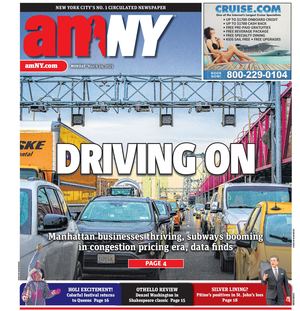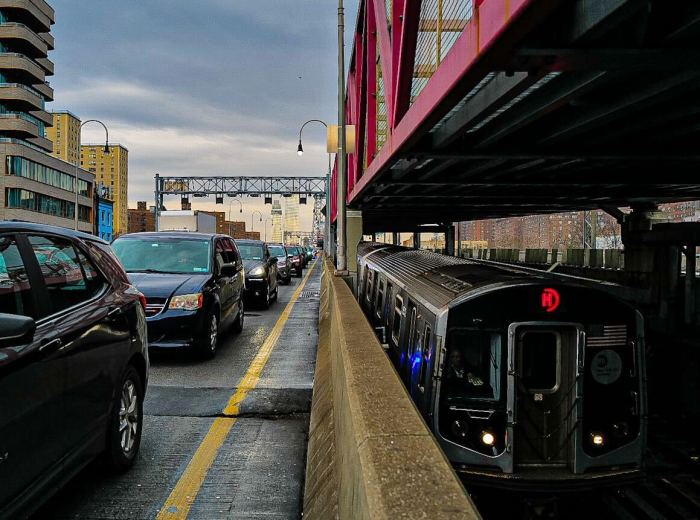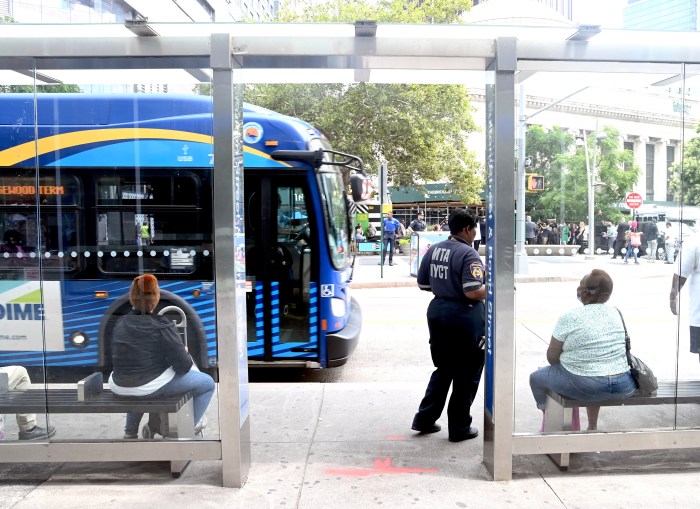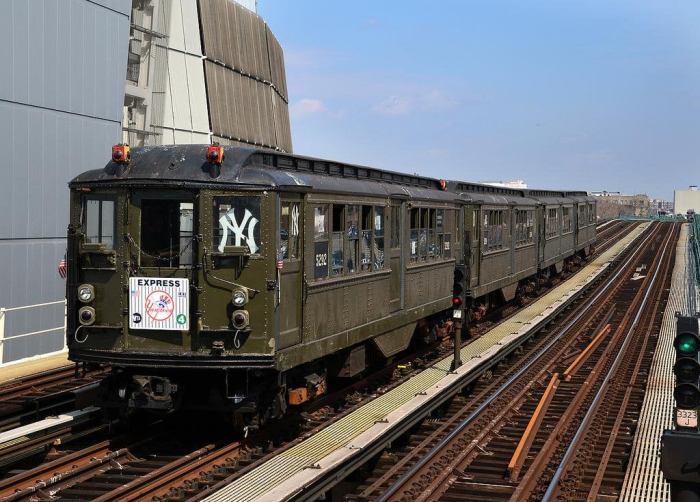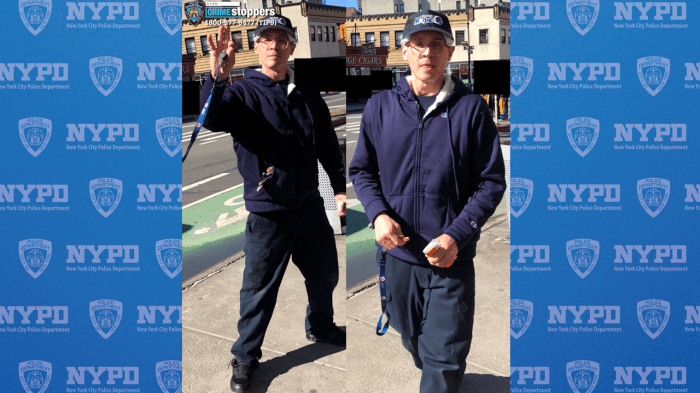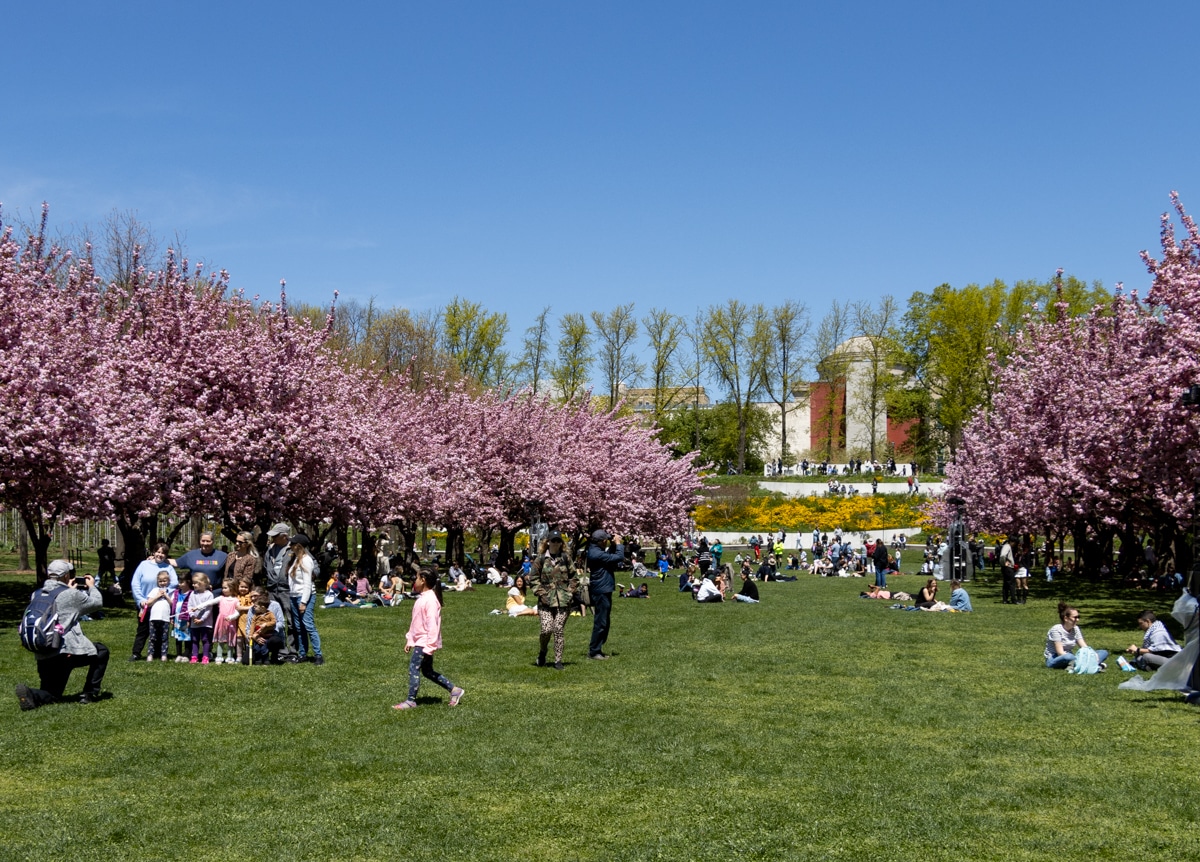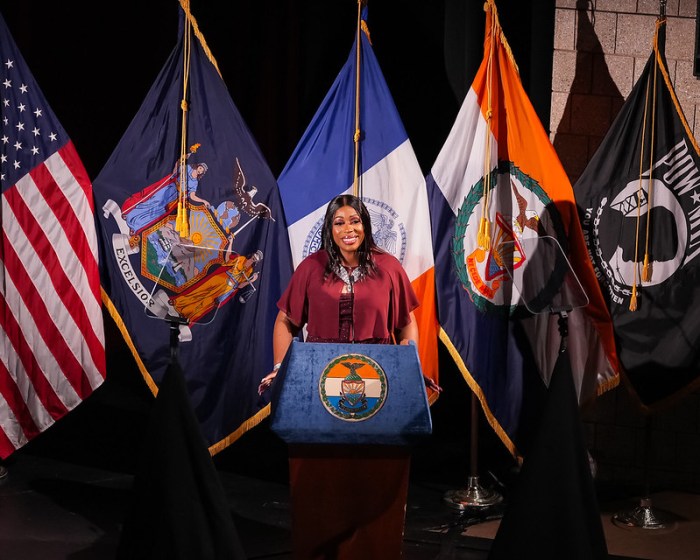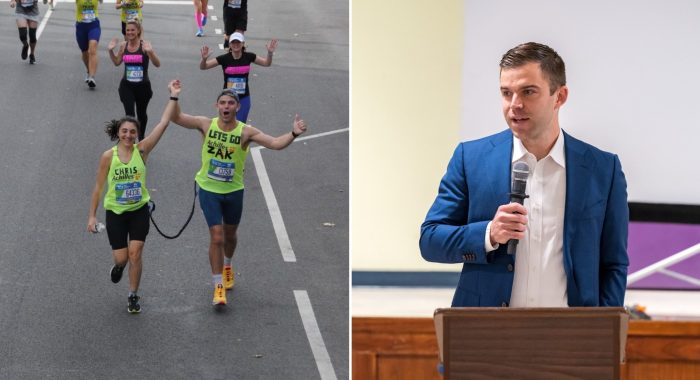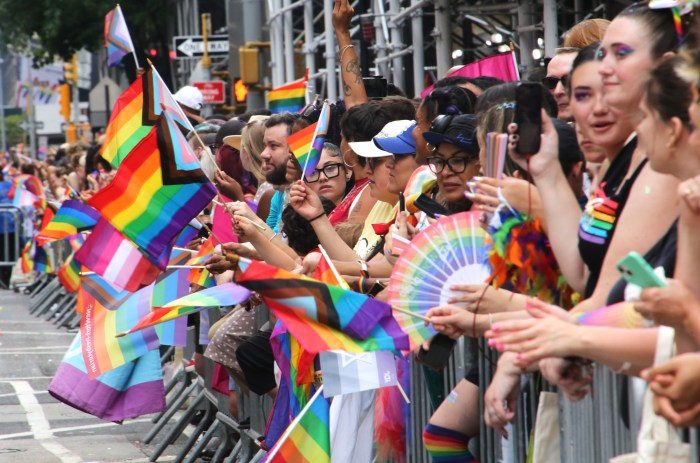
Mayor Bill de Blasio is again facing pressure to fund discounted MetroCard fares for poor New Yorkers as more cities across the country and abroad adopt similar policies.
In New York, City Council Speaker Corey Johnson has made funding the policy — known as the “Fair Fares” proposal — a key priority during this year’s budget negotiations.
The Council included the program in its budget response released Tuesday, recommending that the city pay $212 million to subsidize half-fare MetroCards for the 800,000 city residents living at or below the federal poverty line. The subsidy would have to be funded annually.
“You can’t really lead a stable life if you can’t afford subway fares,” said Johnson at a City Hall news conference announcing the budget response. “And we also believe this will help with fare evasion. A lot of people who — not all — but a lot of people who end up jumping the turnstile are people who can’t afford a subway fare. So we think this will help in a criminal justice-related way [and] it will help people in poverty.”
.@NYCSpeakerCoJo tells @BrianLehrer that Council budget response released today will include #FairFares proposal. 800k people will get 1/2 priced MetroCards
— Jennifer Fermino (@jfermino) April 10, 2018
Both San Francisco and Seattle have been early adopters of income-based fare discounts roughly over the last decade. More recently, Denver and Toronto have approved similar policies while advocates and officials in cities like Boston and Chicago have called for the measures.
But de Blasio has remained opposed to the idea that the city should pay for such a program out of its $88 billion budget. While he has said he supports the merits of Fair Fares, he believes that the state, which operates the MTA, should be responsible for paying for the subsidy. He had pitched that the state could fund Fair Fares through his millionaire’s tax proposal, an idea widely considered to be politically dead in Albany.
During an unrelated Queens news conference Tuesday, de Blasio said that the city wouldn’t have the money to pay for a low-income fare subsidy. He pointed out that the state had already wrestled from the city’s budget a one-time payment of $400 million to cover the cost of the MTA’s short-term service improvement plan.
“I understand the City Council wants to achieve something noble, but it’s going to be a very straightforward conversation with them about the actual money we have available and how far it’ll reach,” de Blasio said. “And I hope to show them that it’s not going to be viable to do that with city resources; that’s something that would have to be done with a new revenue stream.”
Toronto began phasing in its program for discounted transit fares for poor residents over the past week as part of a multipronged anti-poverty agenda.
One of the program’s advocates, Joe Mihevc, a City Councillor and a Toronto Transit Commission board member, said potential benefits of discounted rates outweighed debates over costs.
“Mobility is a piece of equity,” Mihevc said. “The real marker is, ‘What is the price of social exclusion? What’s the price of not being able to go to a job interview or not being able to go to a doctor’s appointment and making an illness worse?”
Advocates have made the same argument over potential benefits in New York, where the program would be substantially larger. Johnson will join the two main groups behind Fair Fares here, the nonprofits Riders Alliance and the Community Service Society of New York, at a rally on the steps of City Hall Wednesday to call for the mayor to fund Fair Fares.
“Mayor de Blasio talks about making New York City the fairest big city. Meanwhile, we have so many other cities that are ahead of us in fighting anti-poverty,” said Rebecca Bailin, campaign manager at Riders Alliance. “There is no good reason that Mayor de Blasio can’t step up and do the same here.”
The City Council’s budget response would also fund half-fare MetroCards for city residents who are veterans and attending city colleges. The policy would save each applicant $726 annually.
While it would cost much more to fund the program for all 800,000 low-income residents living in the city, the Community Service Society estimates that about 361,000 of those residents would take advantage of the discount, based on transit ridership data and take-up rates for social services like food stamps.
Last year, the City Council included funding for a smaller Fair Fares pilot, only for the proposal to get scrapped during negotiations over the final budget. Johnson, though, assured that the policy would be a “major” point of negotiation for him.
David Jones, the president and CEO of CSS in New York who is also an MTA board appointee of de Blasio, said it was more urgent than ever to launch the fare subsidy in the city, pointing to rising rents and “exploding” homelessness rates.
“There’s a lot of need in New York. It’s becoming increasingly difficult to survive,” Jones said. “The city already pays for free passes for students — and students in some of the most exclusive private schools in the city — and seniors … We’d like the mayor to recognize that this is something he could do without any intervention from Albany.”
